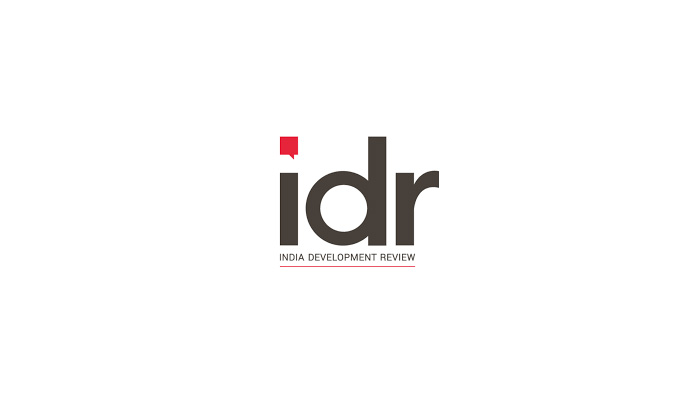Going with the grain: Hakimsinan’s farmers want to return to old ways

The residents of Hakimsinan—a forest-fringed village in West Bengal’s Bankura district—have witnessed the deterioration of their local soil over time. The uplands, where indigenous crops such as grass (kodo), maize, and pulses (biri kolai) were once grown, have become uncultivable through the years. According to the villagers, the degradation of the local land and ecology were caused by changes in agricultural processes.
The villagers say that their ancestors sowed pre-germinated paddy seeds in dry land; this process was called direct seeding rice (DSR) or thupi/chali dhaan. Eventually, the practice of paddy transplantation was adopted in the region as it was common in the neighbouring districts of Burdwan and Hoogly, where farmers from Bankura migrated as agricultural labourers. Transplanting requires the preparation of nurseries, where the paddy seeds are first sown and raised into young plants. These seedlings are later uprooted and transplanted on puddled fields that need to be irrigated almost daily (if there are no rains) to maintain a water depth of 4–5 cm. While Burdwan and Hoogly were suited to the practice of transplantation due to their abundance of water and plain topography, Bankura’s erratic rainfall and sloped topography exacerbated the practice’s negative impact.

